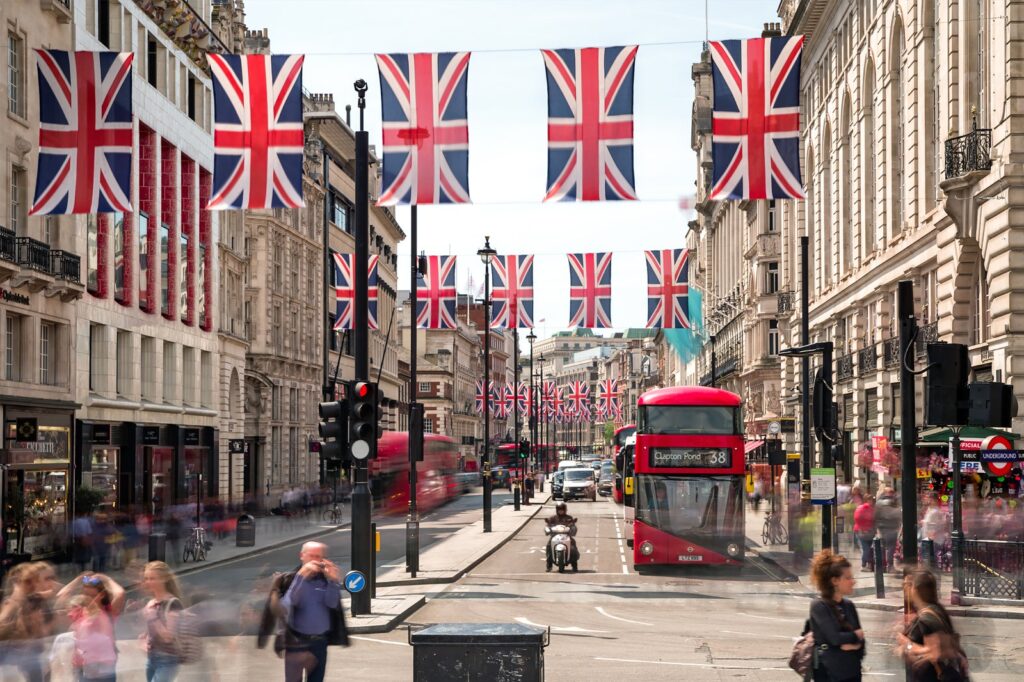
The UK economy shrank by 0.3% in the fourth quarter of 2023, following a 0.1% decline in the third quarter, according to the latest data from the Office for National Statistics (ONS). This means the UK has fallen into a technical recession, defined as two consecutive quarters of negative economic growth.
The ONS said that all the main sectors of the economy contracted in the October-December period, with manufacturing, construction and wholesale being the biggest drags on growth. The services sector, which accounts for about 80% of the UK economy, also declined by 0.2%, as the hospitality and transport industries were hit by the Covid-19 restrictions and supply chain disruptions.
The ONS also revised down the growth figures for the second quarter of 2023, from 1.3% to 1.1%, indicating that the UK economy has been struggling to recover from the pandemic. The UK economy is now 3.5% smaller than it was at the end of 2019, before the Covid-19 outbreak.
The latest GDP report comes as the UK faces a new wave of infections and deaths from the Omicron variant of the coronavirus, which has forced the government to reintroduce some social distancing measures and vaccine passports. The Bank of England has also raised interest rates for the first time in three years, from 0.1% to 0.25%, in an attempt to curb inflation, which reached 5.1% in November, the highest level since 2011.
The chancellor of the exchequer, Rishi Sunak, argued that the UK economy is “turning a corner” and that the government’s plan to “level up” the country is working. He said that the UK has created more jobs than any other major economy since the start of the pandemic, and that the public finances are in a better shape than expected.
However, the opposition Labour party criticised the government for driving the UK economy into a ditch and failing to protect the living standards of the people. The shadow chancellor, Rachel Reeves, said that the UK is the only G7 country to fall into recession, and that the government’s policies have made the cost of living crisis worse. She called for a “change built on the rock of fiscal responsibility and iron discipline”.
The trade union congress (TUC) also blamed the government for the recession, and urged it to invest more in public services, infrastructure and green jobs. The TUC general secretary, Paul Nowak, said that the UK economy is in dire straits, and that the government needs to act urgently to support workers and businesses.
The economic outlook for the UK remains uncertain, as the impact of the Omicron variant, the interest rate hike and the Brexit-related issues are yet to be fully felt. The ONS said that the monthly GDP figures for January will be published on March 11, and that it will continue to monitor the economic situation closely.
Leave a Reply